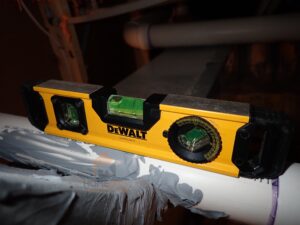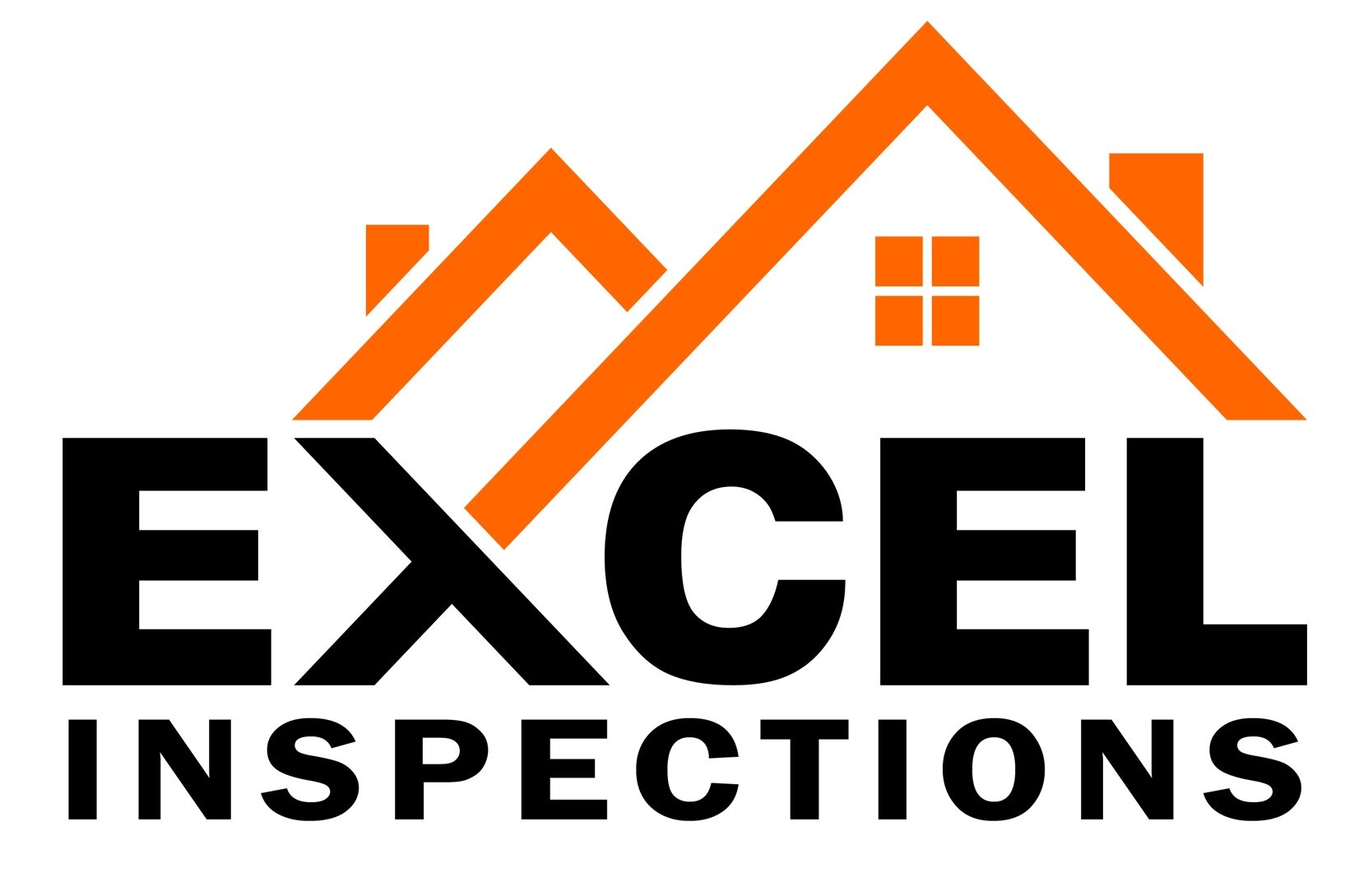What Is a Home Inspection? A Guide for First-Time Homebuyers
Buying your first home is exciting—but it’s also a huge decision that comes with plenty of questions and responsibilities. One of the most important steps in the process is the home inspection. For many first-time homebuyers, this can be a bit overwhelming, but it doesn’t have to be.
I’m Chad Winchell, owner of Excel Inspections, based in Louisville and licensed in both Kentucky and Indiana. With years of experience conducting thorough and reliable home inspections, my goal is to help you feel confident and informed as you move through the home-buying process. Let’s walk through what a home inspection is, why it’s essential, and how it benefits first-time buyers like you.
What Is a Home Inspection?
A home inspection is a professional evaluation of a property’s condition. It’s your opportunity as a buyer to understand the home you’re purchasing from top to bottom. During an inspection, a licensed home inspector will assess the structure, systems, and overall condition of the property, identifying any potential issues or safety concerns.
Think of it as a “health checkup” for the home. The goal isn’t to “pass” or “fail” a property but to provide you with valuable insights into its current state so you can make an informed decision.
What Does a Home Inspection Cover?
A comprehensive home inspection examines key areas of the home, including:
- Roof: Inspects for leaks, missing shingles, and the overall condition of the roof structure.
- Foundation and Structure: Looks for cracks, uneven settling, or other structural issues.
- Electrical System: Ensures outlets, wiring, and the electrical panel are safe and functioning properly.
- Plumbing System: Checks for leaks, water pressure, and the condition of pipes and fixtures.
- HVAC System: Evaluates the heating, ventilation, and air conditioning systems for functionality.
- Interior and Exterior: Inspects walls, ceilings, floors, windows, doors, siding, and more.
- Attic and Insulation: Checks for proper ventilation, insulation, and any signs of moisture or pests.
- Appliances: Tests major appliances included in the sale, like stoves and dishwashers.
After the inspection, you’ll receive a detailed report outlining the findings, complete with photos and descriptions of any issues. This report is your guide to understanding the home’s condition and planning any necessary repairs or upgrades.
Why Is a Home Inspection Important for First-Time Buyers?
As a first-time homebuyer, a home inspection is one of the most important steps you’ll take in the buying process. Here’s why:
- Avoid Costly Surprises: A home inspection can uncover hidden issues, like a leaky roof or faulty plumbing, that might not be obvious during a walkthrough.
- Understand the Property: The inspection report gives you a complete picture of the home’s condition, helping you feel more confident in your purchase.
- Negotiate Repairs or Pricing: If major issues are uncovered, you may have the opportunity to renegotiate the price or request that the seller make repairs before closing.
- Plan for the Future: The inspection report can help you prioritize future maintenance or upgrades, so you’re prepared for what’s ahead.
As a licensed home inspector, I’ve seen firsthand how valuable an inspection can be for first-time buyers. It’s your chance to make sure you’re not walking into unexpected expenses or safety concerns.
How Does the Home Inspection Process Work?
If you’ve never had a home inspection before, here’s a quick rundown of what to expect:
- Schedule the Inspection: Once your offer is accepted, you’ll need to schedule a home inspection. Many purchase agreements include an inspection contingency, giving you time to complete this step.
- Attend the Inspection (Optional): While it’s not required, I always encourage buyers to attend the inspection. It’s a great opportunity to ask questions and see the process firsthand.
- Receive the Inspection Report: After the inspection, you’ll get a detailed report outlining the findings. I make sure all my reports are clear, easy to understand, and include photos for reference.
- Discuss Next Steps: With your real estate agent, you can decide how to move forward based on the findings. This might include negotiating repairs, adjusting your offer, or proceeding with the purchase as planned.
Common Myths About Home Inspections
Many first-time buyers have misconceptions about home inspections. Let’s clear up a few common myths:
- Myth #1: A home inspection guarantees the house is perfect.
- Reality: No home is perfect, and even newly built homes can have issues. An inspection helps you identify and plan for any necessary repairs or maintenance.
- Myth #2: A home inspection is only necessary for older homes.
- Reality: Even brand-new homes can have construction defects. Inspections are important no matter the home’s age.
- Myth #3: A home inspector will tell you whether to buy the house.
- Reality: The inspector’s job is to provide information, not make decisions for you. The final choice is yours!
Why Choose Excel Inspections?
At Excel Inspections, we’re passionate about helping first-time buyers feel confident and informed. Here’s what sets us apart:
- Licensed in Kentucky and Indiana: I’m fully licensed in both states, so no matter where you’re buying, I’ve got you covered.
- Comprehensive Reports: My inspection reports are detailed, easy to read, and include photos to help you understand every aspect of the property.
- Experienced and Thorough: I’ve inspected hundreds of homes, from historic properties to brand-new builds, and I know what to look for.
- Personalized Service: As a small business owner, I pride myself on offering friendly, professional service to every client.
When you work with me, you’re not just hiring a home inspector—you’re gaining a partner who’s committed to helping you make the best decision for your future.
FAQs
What happens if the inspection finds problems?
If the inspection uncovers significant issues, you can negotiate with the seller to make repairs, lower the price, or offer credits at closing.
How long does a home inspection take?
Most inspections take 2-3 hours, depending on the size and condition of the home.
Should I attend the inspection?
While it’s not required, I highly recommend it! Attending the inspection allows you to ask questions and learn more about the property.
Is a home inspection required?
In most cases, a home inspection isn’t required, but it’s highly recommended to protect your investment.
What does a home inspection not cover?
A standard inspection doesn’t include things like septic systems, swimming pools, or mold testing. However, additional services may be available upon request.
Conclusion
A home inspection is an essential step in the home-buying process, especially for first-time buyers. It provides peace of mind, ensures you understand the property’s condition, and helps you make informed decisions.
If you’re buying a home in Kentucky or Indiana, I’d love to help. At Excel Inspections, I’m committed to providing thorough, reliable inspections so you can move forward with confidence. Call me, Chad Winchell, at 502-873-9235 to schedule your inspection today. Let’s make your first home-buying experience a success!
